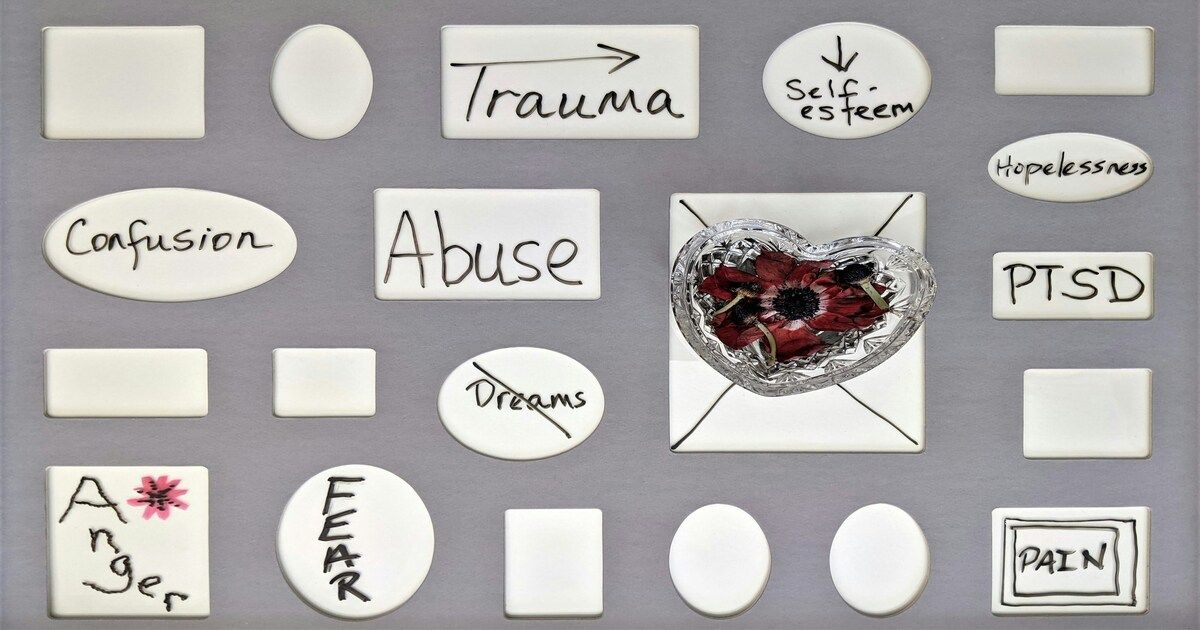Mental health struggles and substance use often feed off each other in ways that can be hard to see. Anxiety, depression, or stress might push someone to use alcohol or drugs for temporary relief, but over time, substance use can worsen these very mental health issues. In this article, we’ll explore how mental health challenges can lead to substance use, how substance use can affect mental health, and what steps you can take toward recovery and prevention.
Substance Use Disorder and Mental Health
Substance use disorder and mental health challenges are essential issues that should not be overlooked in public health. Substance use disorder (SUD) is a complex mental health condition that affects human behavior and the brain as a result of uncontrollable use of substances that cause difficulties in work, school, and relationships. Repeated substance use can cause a great change in brain function, although at the point of consumption, it can cause short-term relief; but gradually, it tends to affect mental health.
People with substance use disorder get to a point of addiction where all they care about is satisfying their urge with less concern about its harm. For example, someone struggling with anxiety might be forced to take alcohol to ease the discomfort. During consumption, such an individual tends to find comfort, but over time, it wears off, causing a mental health disorder.

The Relationship Between Substance Use and Mental Health
Substance use disorder and mental health are complex. Still, they are intertwined, as individuals with SUD tend to develop many mental health conditions, such as paranoia and hallucinations, exacerbating conditions, and other mental health conditions.
Mental health conditions can lead to an increase in risky behaviors, and they can alter the function of the brain in a way that makes substances feel rewarding. Individuals with mental health conditions tend to misuse drugs to cope with their health conditions, like emotional distress and psychological pain, increasing the risk of substance use disorders.
The two-way relationship causes a back-and-forth where substance drives mental illness, and mental illness worsens substance use, which greatly affects withdrawal and treatment.

Why do Substance Use Disorder and Mental Health Co-Occur
Substance Use Disorder and Mental Health Co-occur as a result of some possibilities shown in research.
A. Environmental Factors
Some environmental factors, like poverty, stress, trauma, unstable relationships, or exposure to violence, can fuel substance misuse and affect mental health.
B. Impact of Substance on the Brain
Substances such as drugs and alcohol can contribute to brain changes, increasing the vulnerability to developing mental health illnesses. For example, if you take some substances like opioids in excess, it targets the part of your brain that regulates breathing, which can result in slow or stop breathing.
Diagnosis of Substance Use Disorder and Mental Health
Recognition of the problem is essential. This opens your eyes to the problem, thereby enhancing the recovery process. Accurate diagnosis is important for treating substance use disorder and mental health illnesses.
Healthcare providers can make a thorough evaluation of your medical history and behavior surrounding substance use and mental health. Also, a drug test can be conducted to locate every trace of a substance in your body.
Healthcare providers can use comprehensive assessment tools to carry out explicit testing, so as to locate what’s not right in the body system and make treatment plans.
Management and Treatment Approach
The healthcare provider determines the best treatment that addresses the substance use disorders and all co-occurring disorders.

- Behavioral therapy, psychotherapy, and care management services can help individuals with substance use disorder find evidence supporting treatment that can help. Effective therapies such as assertive community treatment, contingency management, cognitive behavioural therapy, and dialectical behaviour therapy can be carried out, which help you develop healthier behaviour related to substance use and other co-occurring mental health conditions.
- Another step to the treatment of substance use disorder and mental health conditions is withdrawal. At this point, you abstain from taking any substances that can affect your mental health. Medications can be used to minimize the cravings, which relieve the symptoms that follow withdrawal.
- Residential treatment (rehab), self-help programs such as Nar-Anon family can be a great means for developing healthier behaviour.
Can Substance Use Disorder and Co-occurring Mental Health Conditions be Prevented
There is no one guaranteed way to prevent all cases of substance abuse and co-occurring mental health conditions, but there are things everyone can do to prevent substance abuse. Some of them include:
- Seek help when dealing with mental illnesses such as anxiety, depression, or stress.
- Follow instructions for prescription and medication. Don't overdose.
- Avoid temptation and peer pressures. Develop healthy friendships and relationships.
- Never share your prescriptions with someone else. Keep them in a place they are not easily accessible.
- Practice stress management skills. It helps you live a balanced and healthy life.
Conclusion
The relationship between substance use disorder and mental health can be complex, but they create a vicious circle where each condition feeds the other. With the right treatment, determination, and taking precautions, substance use disorder and co-occurring mental health conditions can be drastically reduced.
Frequently Asked Questions (FAQs)
Why do people keep using drugs even when they know it’s harmful?
Many continue because repeated substance use rewires the brain’s reward system, making it hard to stop even when they want to.
What’s the connection between substance use and mental health?
They’re like two sides of the same coin. Mental health struggles can push people to use substances for relief, and substance misuse can make mental health problems worse.
Can substance use cause depression or anxiety?
Absolutely. At first, drugs or alcohol might feel like an escape, but over time they can lead to or worsen anxiety, depression, and other mental health issues.
How do doctors know if someone has both conditions?
It starts with a full check-up; looking at your medical history, behavior, and sometimes running lab tests. Honest conversations are key to getting the right diagnosis.
What’s the best way to treat both together?
A mix of therapy (like CBT or DBT), medications when needed, and support groups usually works best. Treating both at the same time is super important.
What does “self-medication” mean, does it really make things worse?
Many use substances like alcohol or marijuana to numb anxiety or trauma. While it may feel soothing at first, it often ends up worsening mental health in the long run.
How common are co-occurring mental health and substance use disorders?
They're far more common than you might think. Nearly half of people with a mental illness also struggle with substance use, and vice versa.
How can friends and family help someone dealing with both issues?
Supporting someone means educating yourself about both issues, setting healthy boundaries, encouraging treatment, and also looking after your own well-being.
Why does stigma make recovery harder?
Stigma pushes many people to hide their struggles, preventing them from seeking help. Using respectful language and treating SUD as a health issue, not a moral failing can make a big difference.



